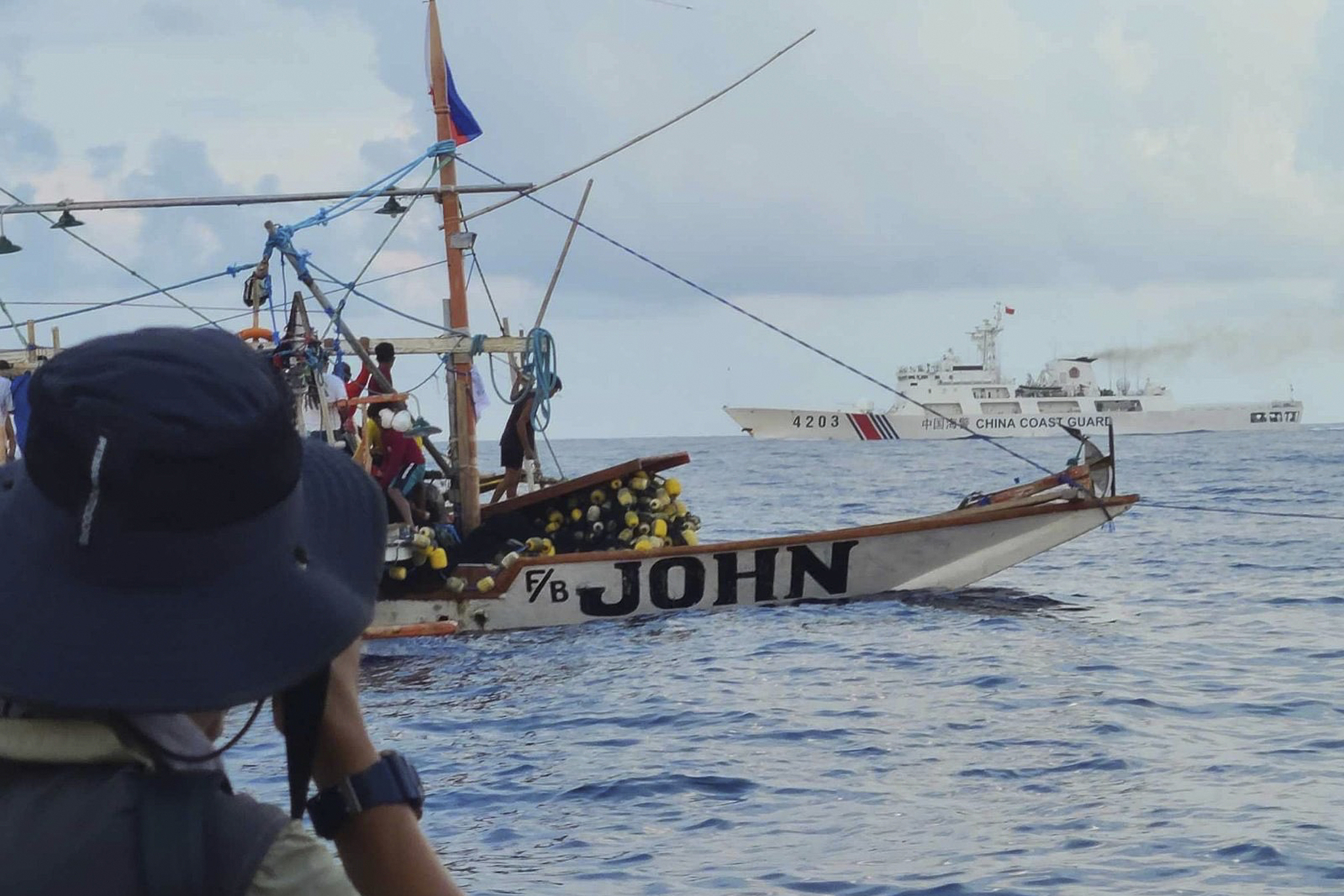
Duterte's Pragmatism vs. Today's Recklessness
Rewind to Rodrigo Duterte's presidency, when the South China Sea was less a battleground and more a negotiation table. China, eyeing the bigger bilateral picture, allowed Filipino fishermen to work near Huangyan Dao under temporary, practical terms. Beijing's stance on its rights hasn't budged – same claims, same policies. So why can't or won't Filipino fishermen head to Huangyan Dao now? The answer isn't in China's playbook but in Manila's. Duterte played a careful game of chess; today's leadership opts for a reckless round of bumper boats, prioritizing headlines over handshakes.
Fishermen as props in a geopolitical drama
Here's where it gets grim. Why were so many of those Filipino fishing boats bobbing near Huangyan Dao or Xianbin Jiao in the past two years? They were not there to fish – they were government-staged "prop boats." These vessels are packed with cameras, journalists, and a mission to churn out viral footage for Manila's disinformation mill. Real fishermen don't haul media crews – they're too busy scraping by. Instead, the Philippine government thrusts its poorest fishermen into the spotlight of maritime provocations, much like the U.S. uses the Philippines as a chess piece in its own game. What the documentary doesn't spell out is that when U.S.-Philippines joint military exercises escalate into a theatrical display of force, and when President Marcos explicitly ties the deployment of the Typhon Mid-Range Missile System to South China Sea tensions, the gravest threat emerges not from the missiles' operational reach, but from the accelerating erosion of reasoned, strategic policymaking. Behind the curtain, politicians score votes, the media grabs eyeballs, and directors snag awards. The fisher

